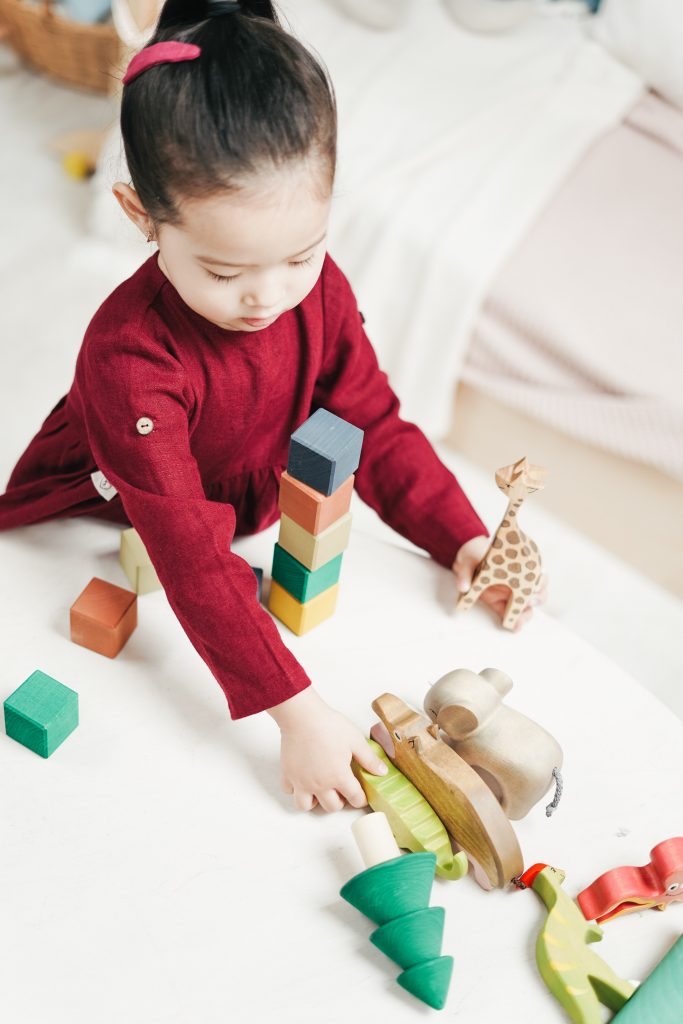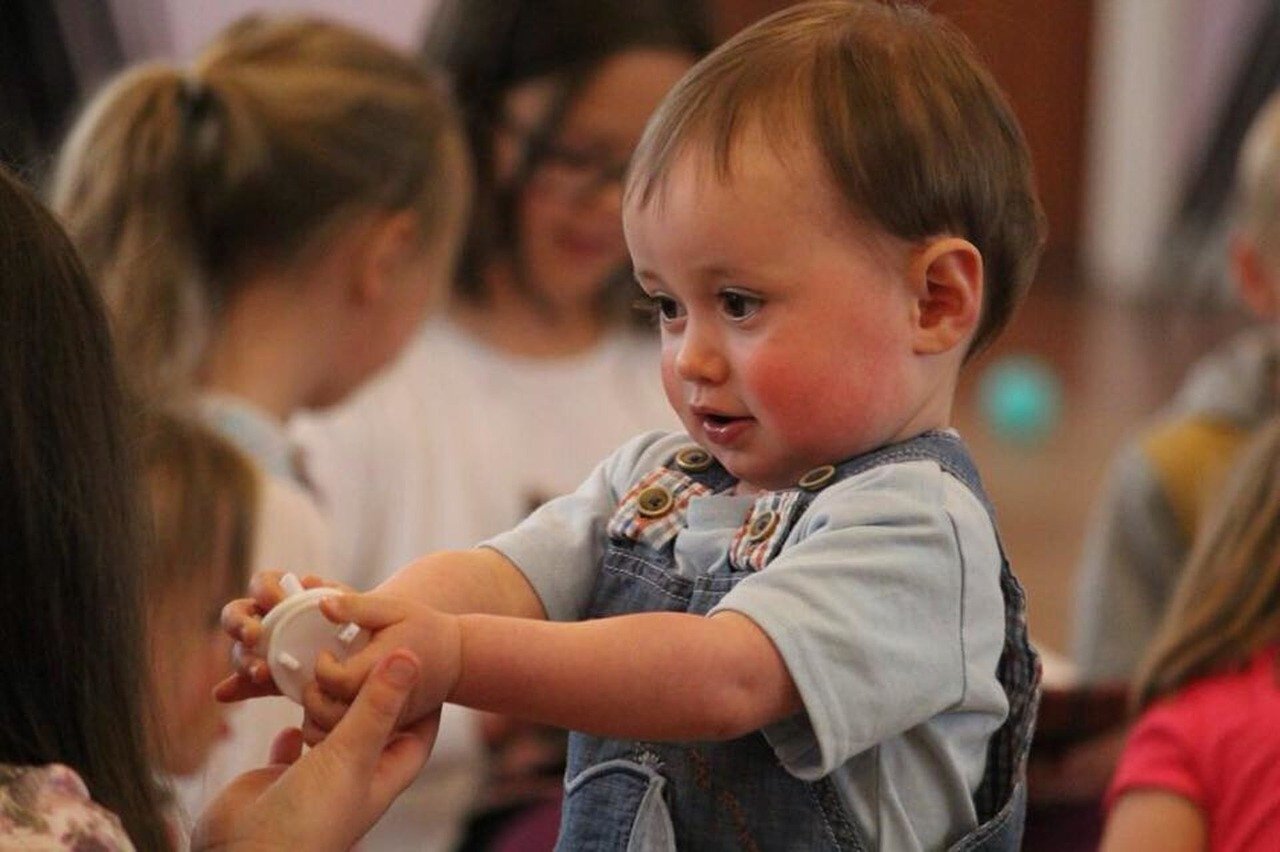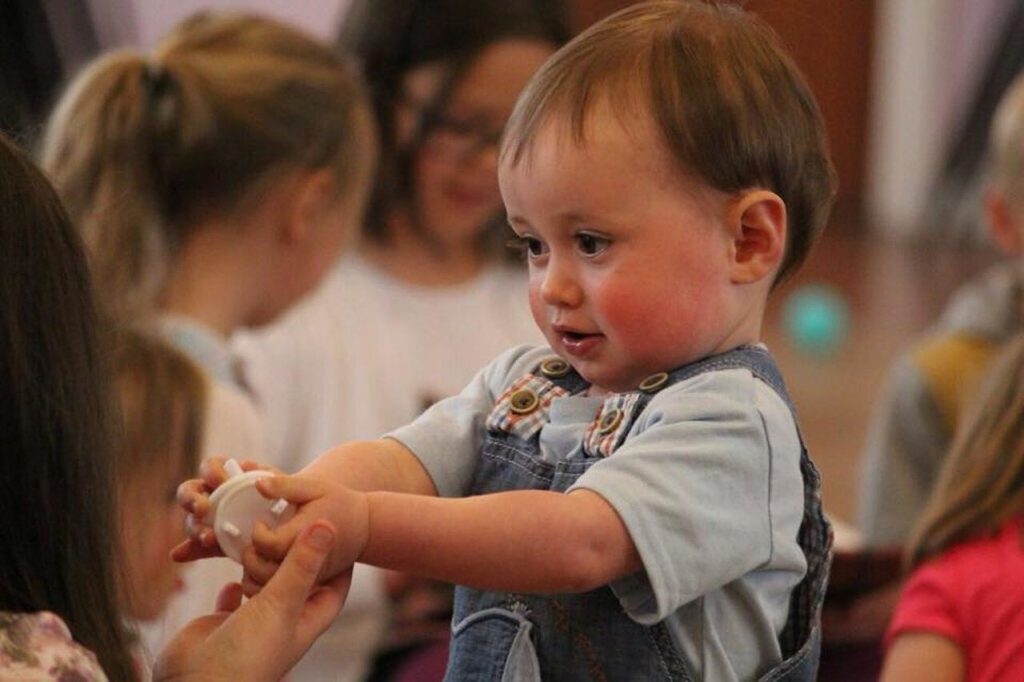Fun Ways to Nurture Your Child’s Emotional Intelligence
You probably have seen on social media the 2020 version of Marshmallow Test that parents on quarantine have been raving about. Whether it’s a Fruit Snack Challenge or a Candy Challenge, it only shows how important it is for parents to know if they’re on the right track in shaping their children’s emotional intelligence.
The early years of a child’s life are important for physical growth and cognitive learning, and emotional intelligence development. Also known as emotional quotient (EQ), emotional intelligence can manage one’s emotions and properly deal with others’ feelings. Emotions and cognition are both important to attentional processes, decision-making, and relationship building. According to The National Scientific Council on the Developing Child at Harvard University, the foundations of social competence formed in the first five years of a child are linked to emotional well-being when combined with intelligence.
So how do you teach emotional intelligence to a toddler and a preschooler? That is the challenge of every parent and every educator. While it may seem like rocket science to teach empathy or impulse control to toddlers and preschoolers, nothing is impossible for these little learners to absorb when you insert fun and play in the equation. Here are some ways you can try:
Tell a story
Toddlers and preschoolers can’t resist an exciting story. Read a book to them or invent your own account. As you tell the story, show how each character feels. Try to label every emotion. Teach them words like “sad,” “happy,” “angry,” or “bored.” After the story, let your child express how he feels about the story and the behavior of the characters.
Make use of real-life scenarios.
Every day is an opportunity to help your little one cultivate emotional intelligence. For instance, instead of getting mad when your child throws tantrums, acknowledge your child’s perspective. Validate his emotions and see it as a teaching opportunity. You can say things like, “You’re upset because you can’t find your toy.” or “I know it can be sad to see your old toys go.” By developing empathy at home, they can share it with others when they grow up.
READ ALSO: How To Teach Kids Empathy
Let them join playgroups.
Although their emotions are all valid, not all behaviors should be tolerated. Children should be taught their limitations and the appropriate ways to express intense feelings. The best way to teach this to toddlers and preschoolers is by letting them interact with others. Playgroups are a good way to promote social interaction among toddlers and preschoolers. Especially nowadays that kids are stuck at home during the quarantine, it will be good to join online playgroups for fun and learning.

Boost their emotional intelligence through play
Play is a good way to nourish your child’s emotional intelligence. Whether it’s a solitary or cooperative type, a game can hone various aspects of your child’s emotional intelligence – from self-regulation to empathy and relationship management.
With your supervision, you can also let your child learn emotional intelligence through fun mobile educational apps like Mash&Co. Aiming to help improve children’s emotional development, Mash&Co is a fun activity that teaches a child recognition of the emotions, the value of sharing, the value of friendship, and respect for nature.
It’s never too early to start raising an emotionally intelligent child. Starting them young during their formative years is crucial for your child to become a well-rounded individual.



